Environmental problems are growing ever more severe, including a trend towards more abnormal weather events and rising sea levels.
As a global leader, Fujifilm is embarking on initiatives to reduce our environmental impact while continuing to deliver value to customers.
- * ”Carbon Neutrality” in this webpage means zero CO2 emissions from manufacturing (Scope 1 and 2).
- * The case studies in this webpage are just some examples of initiatives to address reduction of our environmental impact, and these initiatives are not applied to all the facilities of Fujifilm.
to Fujifilm’s business

Fujifilm’s legacy began with photographic film, where high quality water and clean air have always been essential to film manufacturing. Since our founding, we have believed that environmental consideration and conservation are essential to making superior products that support enriched lives, and we have endeavored to address environmental concerns. Today, this way of thinking is entrenched throughout our group's DNA, even as we have expanded the scope of our business to include medical devices, pharmaceuticals, advanced materials and business innovation.
In 2021, we announced our “Green Value Climate Strategy” to achieve the decarbonization targets set in our CSR plan, “Sustainable Value Plan 2030” (SVP2030). Hinging on Green Value Manufacturing (manufacturing activities with a low environmental impact) and the creation and promotion of Green Value Products (products and services that contribute to reducing environmental impact), we strive to reduce our environmental impact, focusing on carbon emissions by manufacturing plants, and provide value to customers.


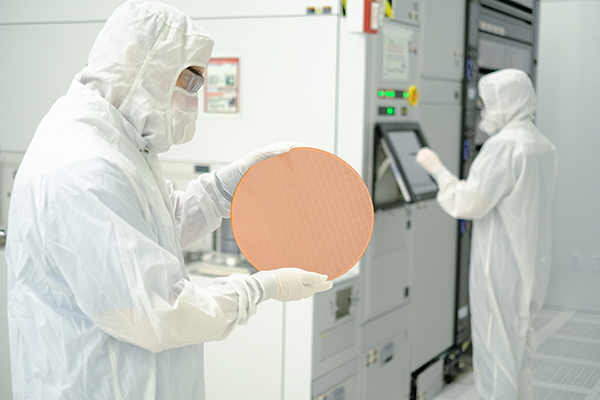
- Contribute to the evolution of a digital society through cutting-edge semiconductor materials
- Reduce environmental impact through the adoption of solar energy and water-saving facilities at our Mesa facility.
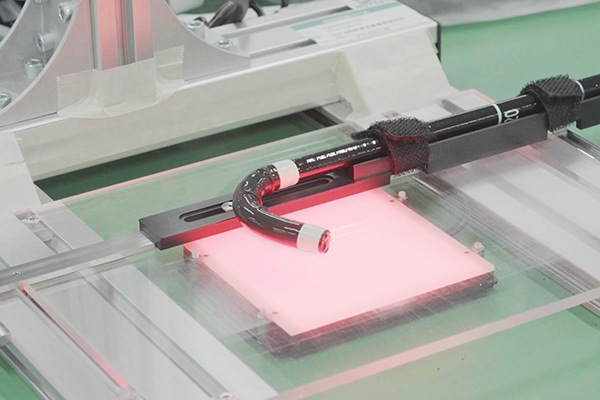
- Deliver an endoscopy system that assists in detecting lesions
- Target increased use of solar energy at the manufacturing site to advance carbon neutrality goals
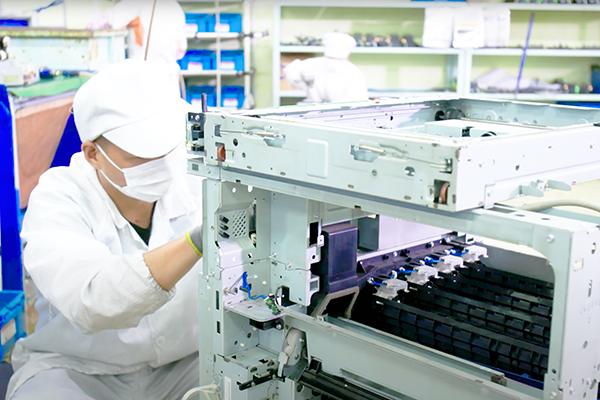
- Promote reuse and recycling of multifunctional printers at a recycling facility in China
- Achieve carbon neutrality through the use of solar energy at a recycling facility in China
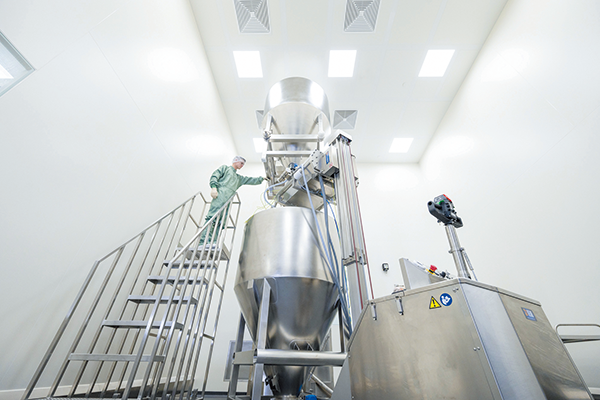
- Swiftly deliver materials indispensable to manufacturing biomedicines
- Convert to wind-sourced power, and purify wastewater in-house
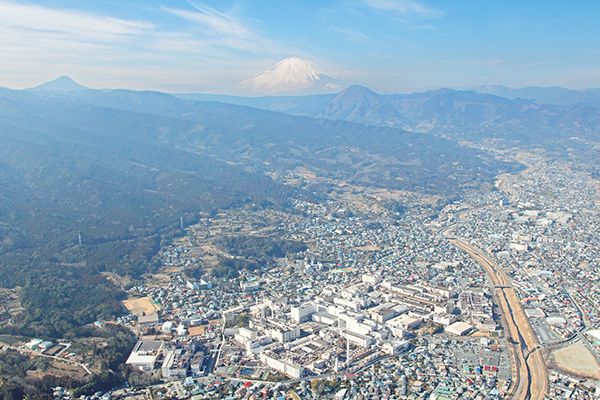
- Form a comprehensive partnership agreement with an energy company and a local government
- Toward establishing a carbon-neutral model for manufacturing
*Pilot project
- * These examples introduce our products that reduce the environmental impact in scope3

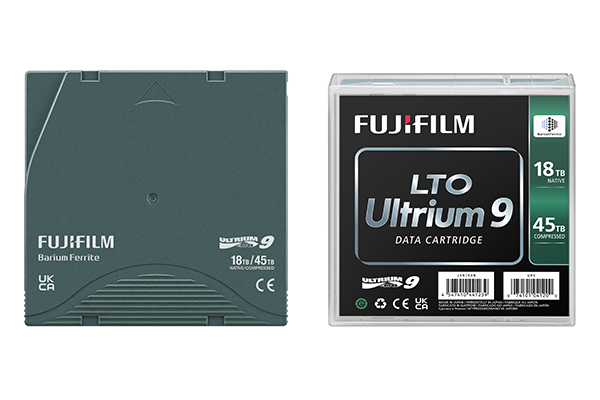
- Supply magnetic data storage tape for archiving growing amounts of digital data
- Reduce the energy consumed in connection with saving digital data
- * The case studies in this webpage are just some examples of initiatives to address reduction of our environmental impact, and these initiatives are not applied to all the facilities of Fujifilm.

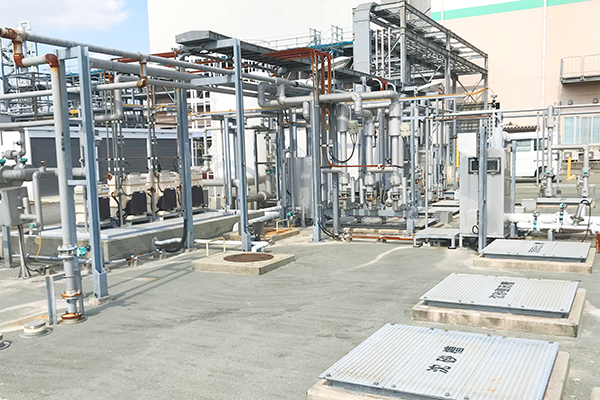
- Use rainwater to reduce the use of groundwater in manufacturing optical film
- Conserve headwater forests, encourage maintaining and improving amount of groundwater
Since our founding in 1934, we have continued our efforts to reduce our environmental impact. With our aims to provide value to customers and reduce the environmental impact, we are accelerating our initiatives around the world to achieve our new decarbonatization targets at the manufacturing facilities.
Our philosophy has been that environmental consideration and conservation are essential to making superior products -- even today with our more diverse businesses and industries, we are working to leave an even better world to future generations.
The amounts of energy that most businesses consume during manufacturing fall into two categories: Scope 1, which is direct emissions that come from the consumption of fuel in the manufacturing process, and Scope 2, which is indirect emissions from the use of purchased electricity. As Fujifilm is positioned upstream in the supply chain, we are a company that uses a large amount of fuel and electricity. For example, heat is necessary for the production and drying process for protective film for polarizers in liquid crystal displays. In order to reduce the environmental impact throughout the entire product life cycle, we have an important role to play in advancing the adoption of decarbonized fuels and renewable energy.
Cogeneration facilities that simultaneously generate the steam and electricity used in the plant support energy conservation.
While this technology didn’t start to become widespread until the 1980s, Fujifilm was an early adopter in the 1960s in Japan. In the decades since, we have accumulated considerable knowledge about energy conservation through cogeneration.
Furthermore, in the 2000s, we switched the fuel used in our cogeneration plants to natural gas, which has lower CO2 emissions, furthering the decarbonization of our fuels.
In the SVP2030, the CSR plan announced in August 2017, we deemed “Environment” to be a priority area. We have accelerated our efforts to address climate change by revising upward our decarbonization targets at the manufacturing facilities under SVP2030 to match the 1.5ºC target set down under the international framework known as the Paris Agreement.












